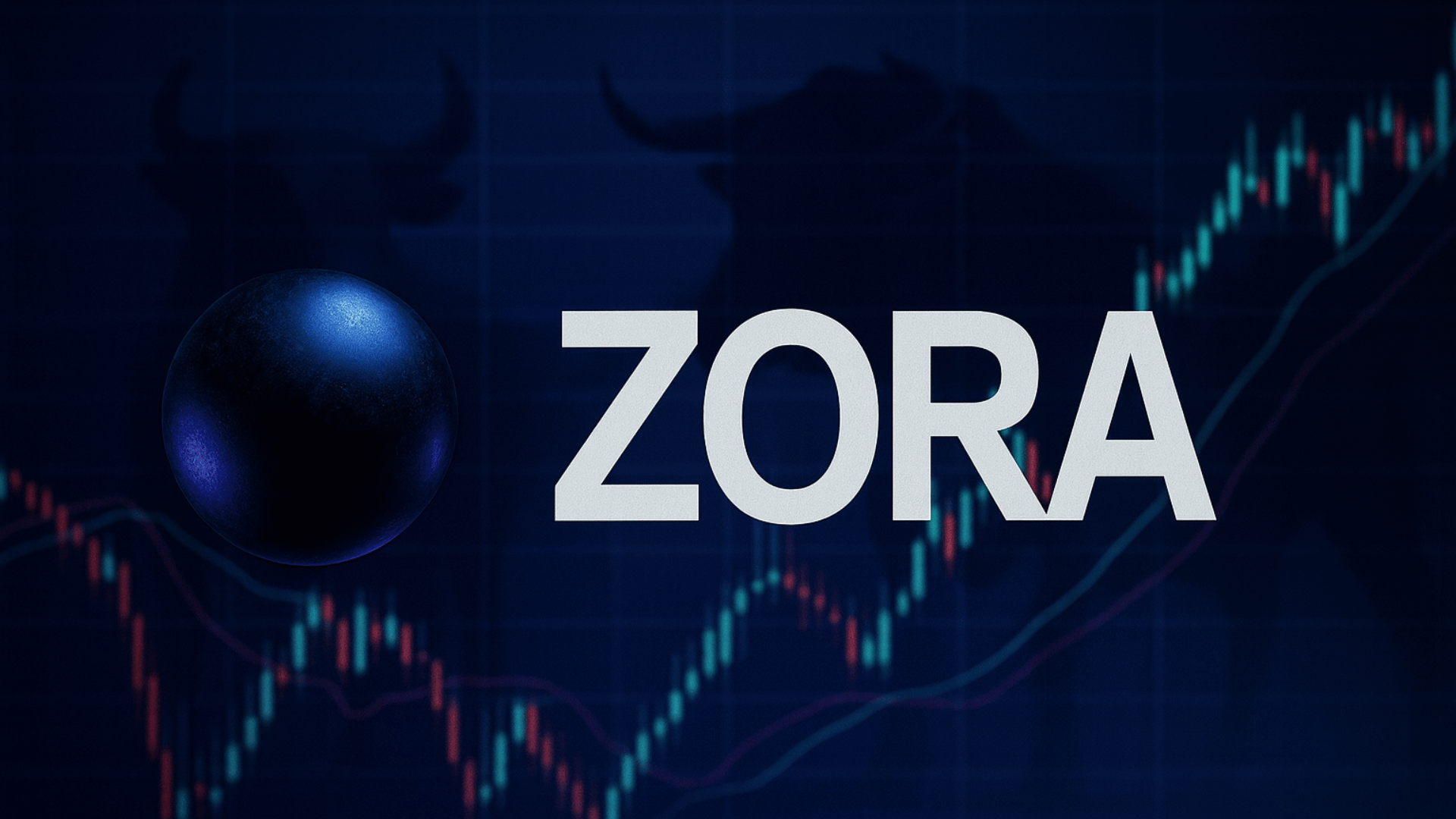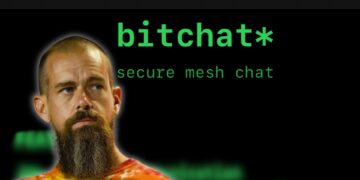- Vitalik Buterin has raised serious concerns about Worldcoin’s user authentication system, which uses iris scanning to issue a unique “World ID” for every user.
- Buterin’s main apprehensions focus on potential privacy breaches, the limited accessibility of the Orb devices, and the inherent centralization risks.
- Another significant issue highlighted by Buterin is the security risk related to compromised biometric data.
Ethereum’s co-founder, Vitalik Buterin, recently identified significant issues with Sam Altman’s latest venture, Worldcoin, a blockchain project aiming to provide a unique digital passport for every human on earth. Despite the positive market reaction following Worldcoin’s token launch, Buterin’s concerns warrant a closer examination of this promising yet controversial project.
Worldcoin, the brainchild of Sam Altman, CEO of OpenAI, has made headlines recently with the launch of its native token, WLD. Following the announcement, the new cryptocurrency recorded a staggering 70% price surge within minutes, enticing several exchanges, including Binance, to list the token.
Worldcoin’s ambitious goal to create a global “digital passport” using “Orbs”—devices that scan a person’s eyeball to generate a unique World ID—has ignited both excitement and apprehension in the crypto community. The project aims to prove the uniqueness of an individual, providing a trustworthy proof-of-personhood system to curb issues of bot infiltration and fake accounts in the decentralized world.
Worldcoin: Potential Threats Lurking Beneath the Innovation
Buterin, however, has raised critical issues with Worldcoin’s project design, focusing primarily on aspects like privacy, accessibility, centralization, and security. He cautions that the use of iris scanning could unintentionally reveal more data than necessary, including information about a person’s sex, ethnicity, and potential medical conditions.
Buterin’s most pragmatic argument concerns the accessibility of the World ID. According to Worldcoin’s data, 1,500 Orbs will be made available in 35 cities worldwide throughout the year, aiming to boost weekly registrations from 40,000 to 200,000. This expansion, however, might still not suffice considering the global population and the distribution of accessible technology.
Buterin emphasizes, “there are only a few hundred Orbs, compared to billions of smartphones.” He argues that creating a world where an Orb is within five kilometers of every person would be highly challenging, even with massive scale manufacturing and distribution efforts.
Security and Centralization: Two Sides of the Same Coin
Furthermore, Buterin expresses concerns over potential security breaches with Worldcoin. The introduction of Orbs and iris scans could lead to misuse of data if it falls into the wrong hands, given that biometric data, once compromised, cannot be altered. He also questions the potential for backdoors in the hardware device, creating centralization risks in a project that should inherently be decentralized.
Despite these issues, Buterin acknowledges that a world without proof-of-personhood also has its dangers, and Worldcoin’s venture is a bold attempt to address them. The conversation sparked by Worldcoin’s launch underscores the trade-offs inherent in leveraging biometric data in decentralized systems. As Buterin and others continue to probe these concerns, Worldcoin’s response will provide critical insight into the future of crypto-identity systems.
The launch of Worldcoin is undeniably an ambitious step towards addressing issues of identity and personhood in the decentralized landscape. Still, as Buterin’s apprehensions elucidate, it must confront significant challenges related to privacy, accessibility, and security to prove its long-term viability.














